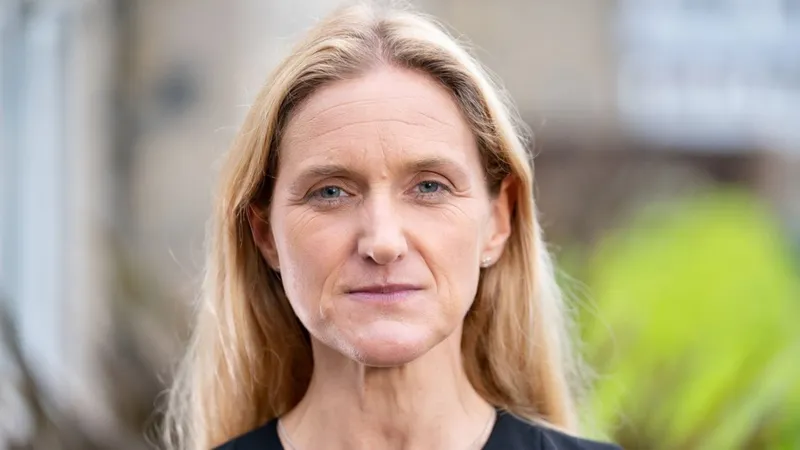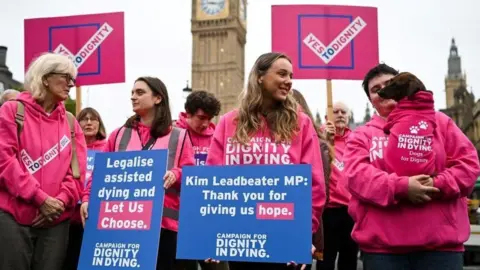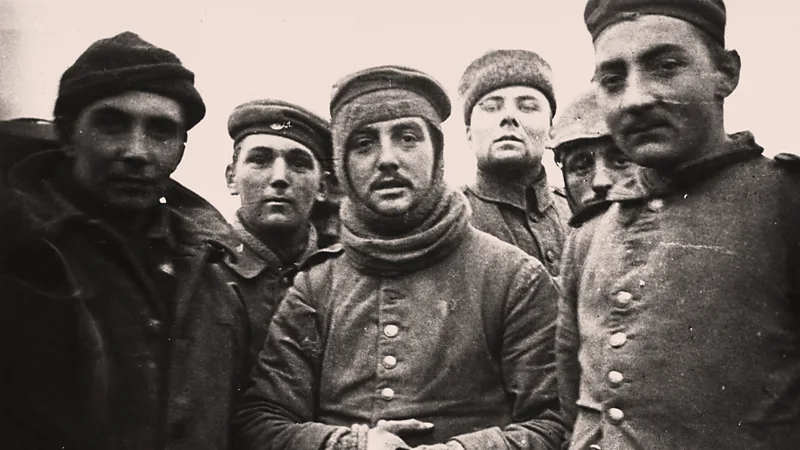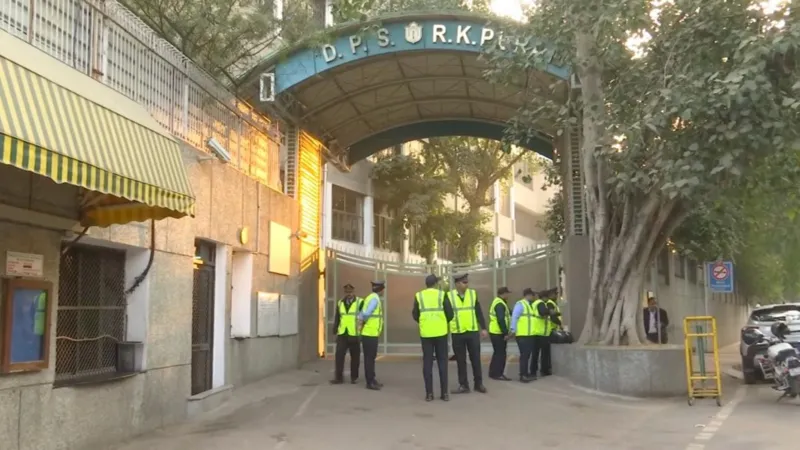What is assisted dying and how could the law change?

On Friday, MPs have the first opportunity to debate and vote on a proposed law which would give terminally ill people in England and Wales the right to choose to end their life.
A separate bill is under discussion in Scotland.
What is the proposed law on assisted dying in England and Wales?
At present, laws throughout the UK prevent people from asking for medical help to die.
However, backbench Labour MP Kim Leadbeater's Terminally Ill Adults (End of Life) Bill could change the legal position in England and Wales.
The bill is what's known as a private members' bill. The government is impartial on the issue.
The proposed legislation says that anyone who wants to end their life must:
- be over 18 and live in England and Wales, and have been registered with a GP for at least 12 months
- have the mental capacity to make the choice and be deemed to have expressed a clear, settled and informed wish, free from coercion or pressure
- be expected to die within six months
- make two separate declarations, witnessed and signed, about their wish to die
- satisfy two independent doctors that they are eligible - with at least seven days between each assessment
Under the proposals, a High Court judge would have to rule each time a person makes a request to end their life. A patient would then have to wait 14 days before acting.
A doctor would prepare the substance being used to end the patient's life, but the person would take it themselves. The bill does not say which drug would be used.
It would be illegal to coerce someone into declaring they want to end their life, with a possible 14-year prison sentence.
Ms Leadbeater said the law needed changing because some people "have a horrible, harrowing death", however good their end-of-life - or palliative - care is.
She said her bill includes "the strictest safeguards anywhere in the world".
How does the MPs' vote work?
The bill has to be approved by MPs and peers before it can become law, with the first debate and vote taking place in the House of Commons on Friday 29 November.
MPs have been given a free vote, which means they can make their own decision rather than follow party instructions.
It is not clear how many MPs will support the bill as most have not said publicly how they intend to vote. When MPs last voted on the issue in 2015, they rejected different proposals by 330 votes to 118.
 Getty Images
Getty ImagesPrime Minister Sir Keir Starmer previously said he backed a change in the law.
Work and Pensions Secretary Liz Kendall and Energy Secretary Ed Miliband have both said they will vote for the bill. A cross-party group of seven MPs who have worked in the NHS have written to their colleagues urging them to support the proposals.
However, several MPs have said they will vote against changing the law, including Health Secretary Wes Streeting. He argues the palliative care system is not good enough to support assisted dying, and that the costs of implementing the necessary changes could lead to cuts in other NHS services.
Justice Secretary Shabana Mahmood also opposes the proposals, as do the UK's longest-serving male and female MPs, Labour's Diane Abbott and the Conservative Sir Edward Leigh.
Three former Conservative Prime Ministers - Liz Truss, Boris Johnson and Baroness Theresa May - and former Labour Prime Minister Gordon Brown have spoken out against the bill.
Former Tory PM Lord David Cameron said he has changed his mind about the issue since the 2015 vote, and supports the bill.
None of the former prime ministers is still an MP, so they cannot vote on Friday - but their views are expected to influence current members. Baroness May and Lord Cameron would be able to vote if the bill reaches the Lords.
Meanwhile, six MPs have put forward a "wrecking amendment" designed to delay the planned debate, to allow more detailed scrutiny of the bill, but this amendment is not expected to progress.
If a majority of MPs support the bill on Friday, it will move to the next stage, involving further debates and votes in the House of Commons and Lords in 2025.
How might the law change in Scotland?
Liberal Democrat MSP Liam McArthur drafted the Assisted Dying for Terminally Ill Adults (Scotland) Bill.
If passed by MSPs, eligible applicants would have to:
- be resident in Scotland for at least 12 months
- be registered with a GP in Scotland
- be terminally ill
- have the mental capacity to make the request
The bill is being considered by the health committee ahead of an initial vote by MSPs, which is not expected until late February or March 2025.
In October 2024, Scottish Health Secretary Neil Gray said the proposed legislation went beyond the limits of Holyrood's powers, and was a matter for Westminster.
However, Mr McArthur said he was confident the UK and Scottish governments could find a solution if MSPs backed his bill.
Who opposes assisted dying?
Both the British Medical Association, which represents doctors, and the Royal College of Nursing are neutral on the issue.
Opponents warn that people could be put under pressure to end their lives and have urged the government to focus on improving palliative care instead.
Paralympian and House of Lords crossbencher Baroness Grey-Thompson is a vocal critic.
She told the BBC she is worried about "the impact on vulnerable people, on disabled people, [the risk of] coercive control, and the ability of doctors to make a six-month diagnosis".
 Getty Images
Getty ImagesActor and disability-rights activist Liz Carr, who made BBC One documentary Better Off Dead?, also opposes changing the law.
"Some of us have very real fears based on our lived experience and based on what has happened in other countries where it's legal," she wrote on X.
Dr Gordon Macdonald, from campaign group Care Not Killing, said: "The safest law is the one we currently have.
"This bill is being rushed with indecent haste and ignores the deep-seated problems in the UK's broken and patchy palliative care system."
Who wants the law on assisted dying to change?
Campaigners representing people with terminal and life-limiting illnesses have made a number of attempts to alter the law in recent years.
One of the highest-profile advocates for change is broadcaster Dame Esther Rantzen, who has stage-four lung cancer.
 PA Media
PA Media"All I'm asking for is that we be given the dignity of choice," Dame Esther told BBC News. "If I decide that my own life is not worth living, please may I ask for help to die?"
Cancer patient Nathaniel Dye worked with Kim Leadbeater on her bill, which he said would let people avoid the "worst case scenario of an horrific death", and make their end "as kind and compassionate as possible".
The Dignity in Dying campaign group said the bill provides the "most detailed, robust proposals" on the issue that "Westminster has ever considered".
According to chief executive Sarah Wootton, the fact that every year "up to 650 terminally ill people end their own lives, often in lonely and traumatic ways," shows that the status quo is not working.
What are assisted dying, assisted suicide and euthanasia?
There is some debate over exactly what the various terms mean.
However, assisted dying generally refers to a person who is terminally ill receiving lethal drugs from a medical practitioner, which they administer themselves.
Assisted suicide is intentionally helping another person to end their life, including someone who is not terminally ill. That could involve providing lethal medication or helping them travel to another jurisdiction to die.
Euthanasia is the act of deliberately ending a person's life to relieve suffering in which a lethal drug is administered by a physician. Patients may not be terminally ill.
There are two types: voluntary euthanasia, where a patient consents; and non-voluntary, where they cannot because, for example, they are in a coma.
Where is euthanasia or assisted dying legal around the world?
The Dignity in Dying campaign group says more than 200 million people around the world have legal access to some form of assisted dying.
Switzerland has allowed assisted suicide since 1942. Its Dignitas facility - which accepts foreign patients as well as Swiss nationals - began operating in 1998. Between 1998 and 2023 it helped 571 Britons to die.
Assisted suicide is also legal in Austria.
In the US, 11 states - Oregon, California, New Mexico, Colorado, Washington, Hawaii, New Jersey, Vermont, Maine and Washington DC - allow "physician-assisted dying".
It permits doctors to prescribe lethal drugs for self-administration.
Voluntary euthanasia is legal in Canada where it is called medical assistance in dying. It can be provided by a doctor or nurse practitioner, either in person or through the prescription of drugs for self-administration.
It is also legal in Spain and Colombia, both of which also permit assisted suicide.
Assisted dying is legal in some parts of Australia but the law differs across states. It is not permitted in either the Northern or Australian Capital territories.
New Zealand's End of Life Choice Act legalises assisted dying and allows adults in their final months of life to request assistance from a medical professional.
Three countries have laws that allow people who are not terminally ill to receive assistance to die: The Netherlands, Belgium and Luxembourg.
Source: BBC
























































